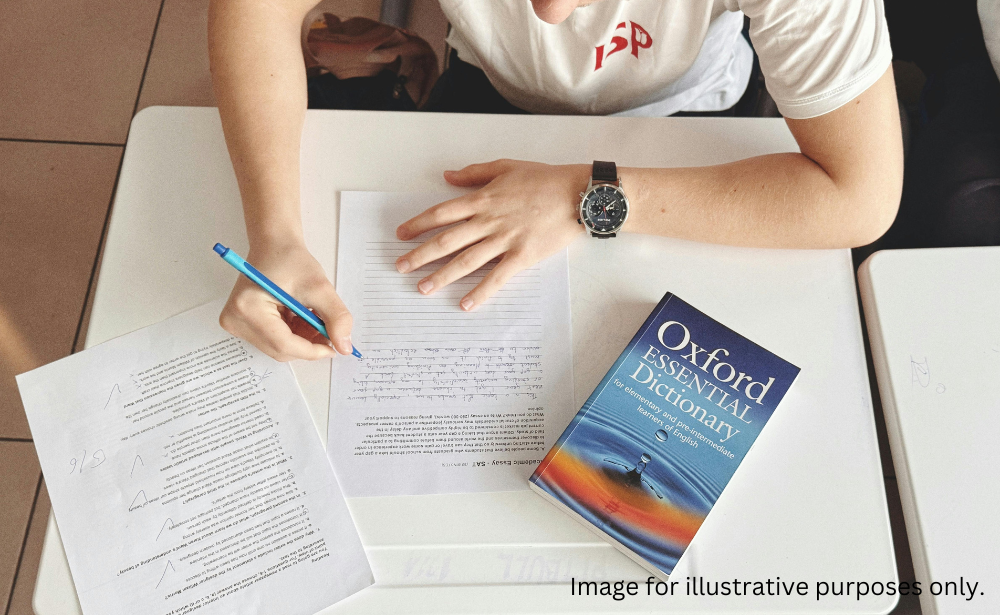A recent study published in Studies in Educational Evaluation explores the powerful role of peer feedback provision in improving the writing skills of lower-proficiency English as a Foreign Language (EFL) learners. Co-authored by Dr Latha Ravindran of SEGi University and Zeng Xiaomeng, the research provides compelling evidence that offering peer feedback—not just receiving it—can significantly enhance students’ writing performance, even at earlier stages of language development.
Investigating Peer Feedback Roles
The study examined whether shifting the balance between feedback provision and feedback reception impacts writing development among lower-proficiency EFL learners. A total of 139 university-level learners participated in the study, divided into two groups:
The experimental group (n=79) primarily served as feedback receivers for eight weeks and feedback providers for only two weeks.
The control group (n=60) played both roles—provider and receiver—for ten weeks.
Before and after the feedback activities, participants completed a writing test and an online survey.
Key Findings
The results revealed that both groups showed significant improvement in their post-test writing performance. However, the experimental group outperformed the control group, indicating that focusing more on providing feedback may be particularly beneficial for developing writers.
Furthermore, survey data showed that while learners generally held positive attitudes toward peer feedback, the control group—tasked with juggling both roles continuously—experienced greater anxiety. This highlights an important pedagogical implication: simplifying and streamlining peer feedback tasks may reduce cognitive load and enhance learning outcomes.
Implications for EFL Teaching
This study offers valuable insights into writing instruction in EFL contexts, especially for educators working with lower-proficiency learners. It supports the growing body of literature suggesting that engaging learners in feedback provision fosters deeper processing, critical thinking, and awareness of writing quality—all of which contribute to improved performance.
As Dr Latha Ravindran of SEGi University notes, the findings underscore the importance of designing peer feedback activities thoughtfully, taking into account learners’ language proficiency and emotional readiness.
Read the full study here: https://www.sciencedirect.com/science/article/pii/S0191491X24001019?via%3Dihub
This is in line with UN Sustainable Development Goals such as:
SDG 4: Quality Education – Ensuring inclusive and equitable quality education and promoting lifelong learning opportunities for all by enhancing pedagogical strategies that support learner growth, engagement, and academic confidence—especially for language learners.

